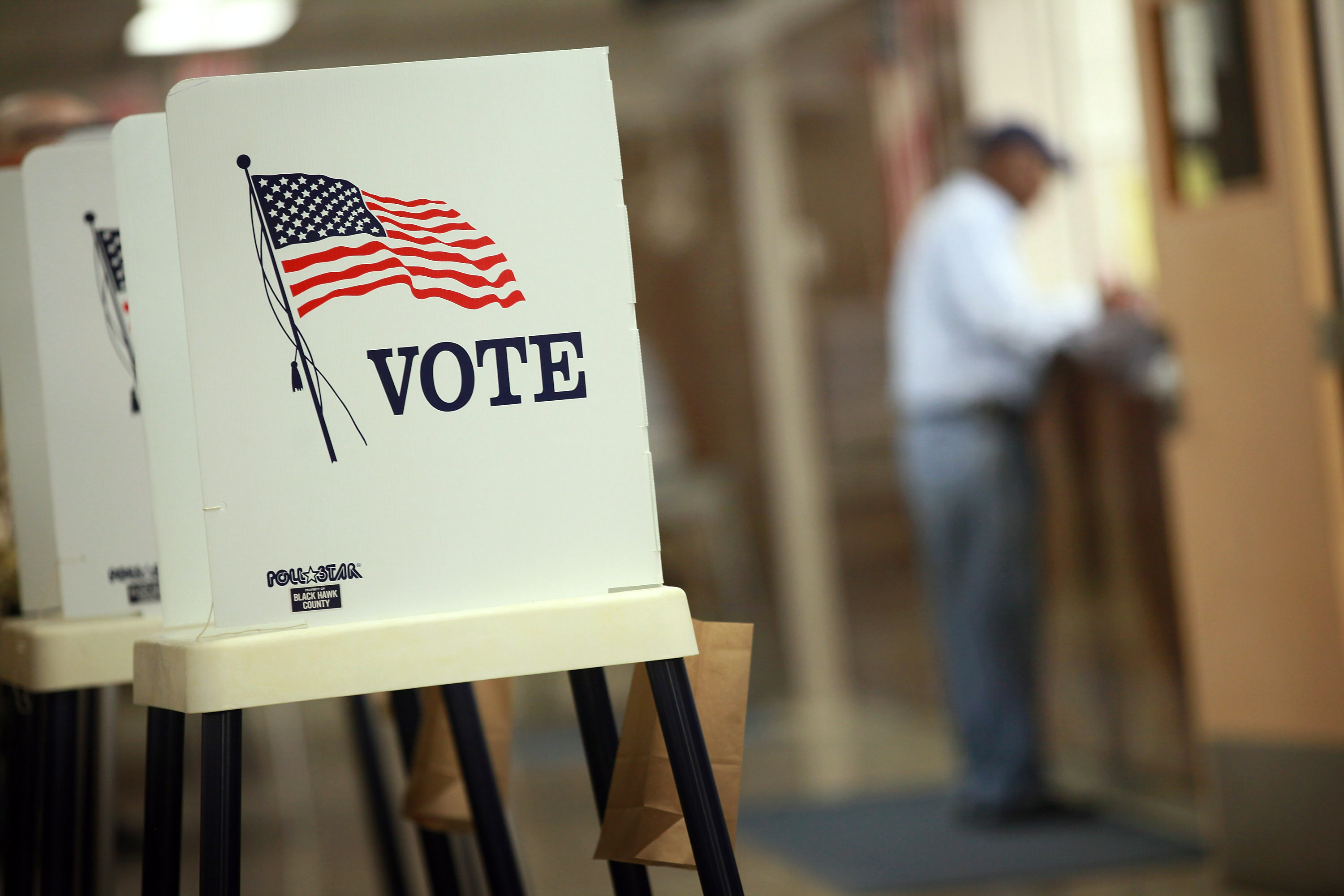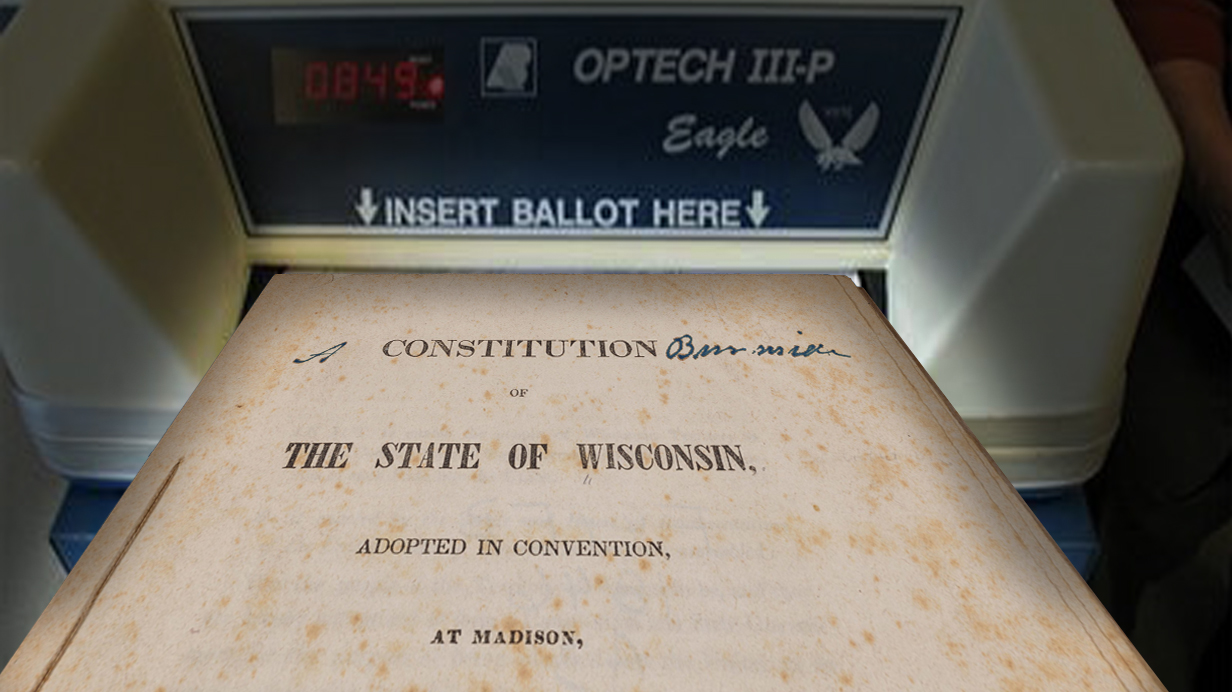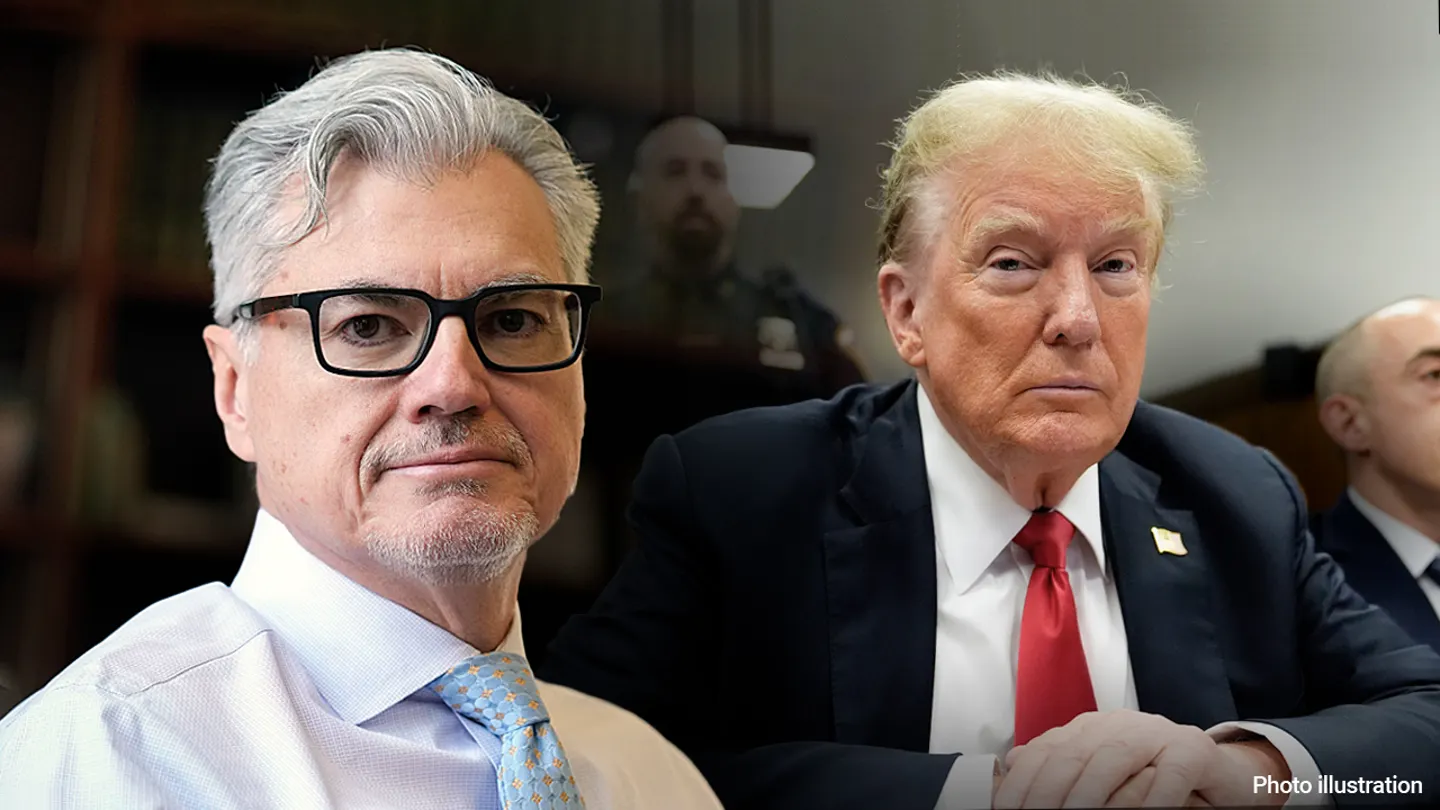
Dan O’Donnell eviscerates the Wisconsin Supreme Court’s new liberal majority for openly and brazenly violating the Wisconsin Constitution
Aug. 9, 2023
Perspective by Dan O’Donnell
Though many point to 1984 as literature’s most prescient work, Alan Moore’s 1985 graphic novel Watchmen may be a far better predictor of America in 2023. Its meditation on philosophy disguised as a tale of dysfunctional superheroes who seek to save humanity through the commission of unspeakably evil acts prominently features the graffiti “Who watches the watchmen?” as a symbol of the common man’s rebellion against his godlike betters.
An adaptation of the Latin phrase “Quis custodiet ipsos custodes” (“Who will guard the guards?”), it is a warning about the danger of granting too much power to those who would abuse it.
On Friday, just days after circumventing Wisconsin Supreme Court rules to fire the director of the state court system, the court’s new liberal majority took the unprecedented step of stripping Chief Justice Annette Ziegler of her power to administer court business, which most significantly includes determining which cases are taken up in what order.
Without giving any notice to the court’s three conservatives (including Ziegler), Justices Ann Walsh Bradley, Rebecca Dallet, Jill Karofsky, and Janet Protasiewicz voted to change the Supreme Court’s operating procedures to seize this administrative power for themselves in a brazen, deliberate, and, frankly, half-baked, violation of the Wisconsin Constitution.
Article VII, Section 4 of said constitution provides that “the chief justice of the supreme court shall be the administrative head of the judicial system and shall exercise this administrative authority pursuant to procedures adopted by the supreme court.”
The court’s liberals believe that if they change those procedures, they can eliminate the chief justice’s administrative authority. As they wrote in their proposed changes to the court’s operating procedures, “there shall be a supreme court administrative committee comprised of the chief justice and two justices selected by a majority of the supreme court. The terms of the two members selected shall coincide with the duration of the term of the chief justice.”
Naturally, the two liberal justices who will inevitably be elected to this newly invented committee will overrule the chief justice and, wouldn’t you know it? Their terms run the exact same duration as Ziegler’s! The committee, which replaces the administrative power over the court clearly identified by the State Constitution as vesting in the chief justice as actually residing in a vote of three justices.
Any legal challenge to a violation of the Wisconsin Constitution would be filed in the state court system and eventually make its way to…the Wisconsin Supreme Court.
By what authority to the liberal justices claim to be able to do this? Their own, of course. In their proposed operating procedure changes, the court’s liberals inserted language indicating that administrative power does not “vest any interest in any individual justice of the Wisconsin Supreme Court.”
It most certainly does. In the Wisconsin Constitution. In Article VII, Section 4. Where it says that “the chief justice of the supreme court shall be the administrative head of the judicial system.” The second clause of that sentence (indicating that the chief justice “shall exercise this administrative authority pursuant to procedures adopted by the supreme court”) cannot be interpreted to mean that the court’s operating procedures can effectively override the constitution.
Yet that’s exactly what the liberal majority’s new rules do. Under said rules, the constitutional authority to administer supreme court business doesn’t vest in any one particular justice, so the court is free to elect members to a committee in whom the administrative powers will vest.
Sound like convoluted, circular logic that doesn’t withstand even the most cursory of scrutiny? It is. And Wisconsin should expect plenty of that this term. But far more concerning is the fact that four Supreme Court justices have so wantonly violated the Wisconsin Constitution.
They didn’t merely ignore controlling precedent or misinterpret a statute here; they willfully circumvented a direct edict of the Constitution through a linguistic workaround that is ultimately too cute by half. Administrative authority vests in the chief justice and no one else, and the chief justice must wield this power according to rules set by the court. Those rules can’t strip the chief justice of her administrative power (or replace it with a vote of three justices) because that power is granted by the Constitution.
The Court’s liberals, however, literally believe that they are above the Constitution. They created a new “administrative committee” that somehow has administrative power over the chief justice—even though the Constitution could not be clearer in vesting administrative power in the chief justice and the chief justice alone.
Oh, but the court’s liberals thought of that: They added a sentence to the rules claiming that those powers don’t “vest any interest in any individual justice.” That sentence plainly violates the Constitution, which states unequivocally that “the chief justice of the supreme court shall be the administrative head of the judicial system.”
So what happens when the court itself (or a majority thereof), the ultimate arbiter of constitutionality in this state, acts in an unconstitutional manner? Who steps in to preserve the rule of law? Who provides a check on this dangerous abuse of power? Who, in other words, watches the watchmen?
Any legal challenge to a violation of the Wisconsin Constitution would be filed in the state court system and eventually make its way to…the Wisconsin Supreme Court. Think the same four liberals who violated the State Constitution would rule that they violated the State Constitution? Think they would even recuse themselves from taking the case?
They have no sense of ethics, no sense of duty, and certainly no loyalty to their oaths of office or the Constitution they swore to uphold. It took them less than a week to violate both and in so doing prove themselves to be every bit the autocrats that they promised to be.




